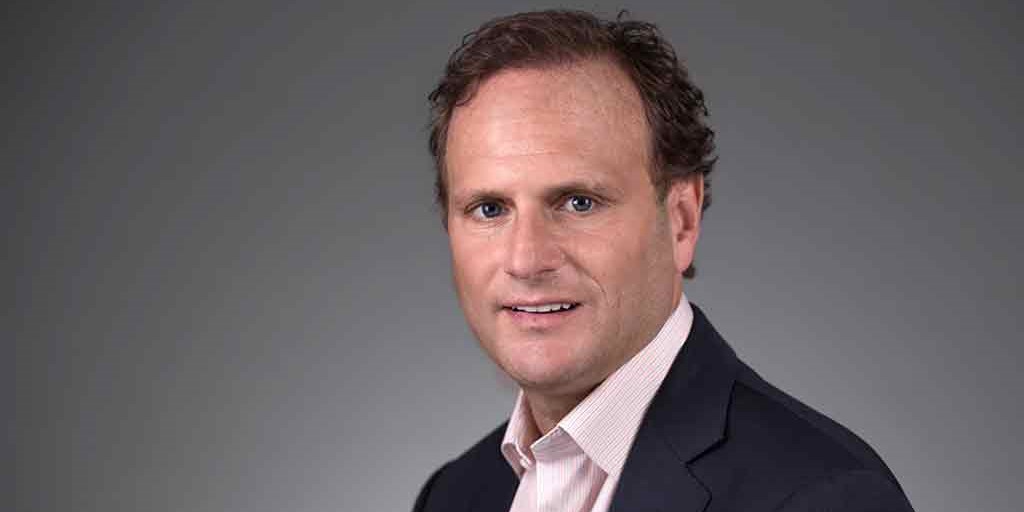Joel Adelman helped thousands of entrepreneurs realize their dreams at Advance Partners, a company he started 20 years ago to help entrepreneurial staffing agencies hire and process more than 200,000 temp positions each year.
“If you want to grow a business, it takes a lot of things,” Adelman says. “But cash flow is almost always at the top of the list. None of it happens without access to capital. That’s where we found a lot of success was providing that capital. When I sold the company two years ago, we were doing in excess of $2.5 billion in financing.”
Adelman, a 2013 EY Entrepreneur of the Year®, sold his company to Paychex and has moved on to his next venture, AdCap Management. The company launched this spring with Adelman as CEO and will seek to fund viable businesses that have difficulty accessing capital from traditional lenders.
“My criteria as I launch AdCap is working with an entrepreneurial business owner who is laser-focused on one industry, one business,” he says. “Maybe they play in a small sandbox, but hopefully that sandbox is very deep and has a lot of opportunity for growth.”
Smart Business Dealmakers spoke with Adelman about the keys to raising capital, taking risks and doing business in the disaster recovery space.
What do entrepreneurs struggling to raise capital need to think about?
I look for an individual who is focused. Unfortunately, there are a lot of entrepreneurs who are all over the board and dipping their toes into many pools of water. Focus is hugely important to me. If I’m providing capital to an entrepreneur who is trying to grow their business, I want to make sure that entrepreneur is laser-focused on that one particular opportunity.
How do you identify the right amount of capital to provide?
You definitely want some level of control on growth. You don’t want to give someone too long of a rope to hang themselves. We’ve done a good job over the years to provide enough capital to let someone grow just slightly beyond an uncomfortable level. We like accelerated, but controlled growth. If you grow too quickly, that can become a death spiral. There needs to be a support structure in place. There are often entrepreneurs who are solely focused on growing the top line and the problem is, if there’s not infrastructure underneath that entrepreneur, they can sell themselves right out of business. I’ve seen a lot of small businesses get access to capital and focus solely on driving the top line. That can be a recipe for a lot of problems.
How do you view risk?
I like playing and lending in the world of alternative finance and industries where banks are often not comfortable. That’s where I see opportunities. To the extent that there are businesses and industries where you would use the words disruptive or unconventional, I like those. And I like working with that entrepreneur who wants to disrupt an industry. But at the end of the day, I do need to think that a business plan has a very good opportunity to pan out. There is risk involved in financing disruptive or unconventional businesses. I need to believe that with scale, at some point, that business will turn profitable.
What are a couple deals that were particularly memorable for you?
In 2010, when the BP oil spill erupted in the Gulf of Mexico, that was a really good example of us providing alternative financing to entrepreneurs. In that case, it was entrepreneurs who found an opportunity to do the cleanup work throughout the Gulf and it took a ton of capital. At some point, there were thousands of workers cleaning the beaches. Those thousands of workers generated tens of millions of dollars of cash flow need. We were helping entrepreneurs grow their businesses. At the same time, we were doing a lot of good for the cleanup of the Gulf.
We also did work in Houston and we’re still working in Puerto Rico. All that rebuilding requires cash flow. There are opportunities around providing financing when there is a natural disaster. As those opportunities are persistent, there are often entrepreneurs rushing around trying to take advantage of that opportunity. They need one thing, which is cash.
What’s the key to doing business in the disaster recovery space?
You do want to make sure that as a business owner, you are keeping an eye on gross profit and the cost of goods. If you are able to generate a reasonable gross profit and at the same time, do something socially responsible, I’m a backer of that business. I do see some entrepreneurs get very passionate about a social cause and try to build a business around a social cause. They potentially can take their eyes off the need of the business to be profitable. My goal is to help them stay focused on the financial side.
How to reach: Advance Partners, www.advancepartners.com




